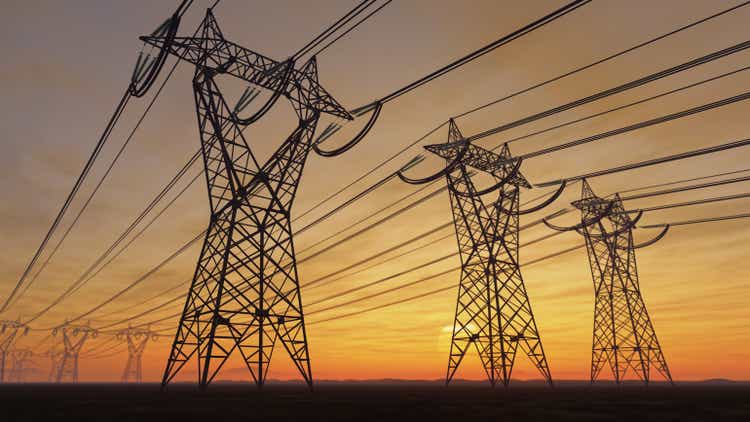
imaginima/iStock via Getty Images
Oil and gas companies, as well as wind and solar developers, say language in the debt ceiling bill intended to speed up the federal permitting process for large infrastructure projects does not go far enough but could be a precursor for more sweeping legislation.
The reforms in the bill include revisions to the National Environmental Policy Act of 1970 which limit the environmental permitting process to two years, and require projects to name a single lead agency that would develop one master environmental review document.
The bill also orders a study of U.S. grid capacity to determine what upgrades are needed to strengthen reliability.
The legislation leaves many reforms on the table, most notably building major electricity transmission lines.
One measure that did not survive would have required all U.S. grids be able to transfer at least 30% of their electricity demand to other grids; instead, the bill requires the issue to be studied for two years.
ETFs: (NYSEARCA:XLE), (XOP), (NYSEARCA:XLU), (VDE), (OIH), (XES), (IEZ)
Equitrans Midstream Partners (ETRN) looks like the biggest single corporate winner from the debt ceiling deal, which greenlights development of the Mountain Valley Pipeline in West Virginia.
Equitrans (ETRN) said Saturday it expects to complete construction of the project by the end of this year at an estimated total project cost of ~$6.6B; its stock has surged nearly 50% since initial news that the project was included in the debt deal.


